In this issue you’ll find brackets with place names which may be unfamiliar to you after some people’s names. These are to identify the private schools the individuals attended. It seemed easier than clumsily inserting something like ‘the privately educated [so-and-so]’ a dozen or more times into every piece. It also feels very relevant to the conversations we’re having here about privilege and its life-long effects.
If you would like sources for any of the statistics, quotes, or claims I’ve made through the piece, ask and I will provide. I considered footnotes for each of these but I don’t want to make this into a uni essay, and I don’t know that many of you will really want to sift through things like ‘Elitist Britain 2019 - The educational backgrounds of Britain’s leading people’ or Alexandra Heller-Nicholas’ book ‘Rape-Revenge Films: A Critical Study’ as interesting as they both are.
Anyway, enough with the preamble and on with the show!
There are 2,600 private schools in the U.K and between them they educate around 7% of all British pupils. Their alumni make up 40% of all those admitted to Oxford. They also account for 43% of BAFTA winners. Emerald Fennell falls into all three of these categories.
The eldest daughter of jeweller Theo Fennell (Eton) may be familiar to you as the writer and director of last year’s Promising Young Woman starring Carey Mulligan (Woldingham). Maybe you heard about her work as head-writer on the second season of Killing Eve, adapted from Luke Jennings’ (Ampleforth) Codename Villanelle novellas. Or saw her play a young Camilla Parker-Bowles (Queen’s Gate) in The Crown. If somehow despite these high profile jobs she still hasn’t caught your eye then last week should have seen the opening of Cinderella: a reimagining of the classic fairy tale and London’s first theatre premiere in almost two years, written by Emerald (Marlborough) in collaboration with Andrew Lloyd Webber (Westminster).
“I was drawn to Camilla [Parker-Bowles] because she struck me as a normal person sucked into a completely extraordinary circumstance,”
Despite Lloyd Webber’s crusade, both in the media and behind the scenes with government officials, the show has been put on hold yet again due to covid which he refers to as a ‘sword of Damocles lurking over’ the production. A fitting metaphor since Dionysius placed the sword there himself to create a sense of drama and fear. In the same vein Lloyd Webber’s dogged insistence that air conditioning in a theatre can disperse aerosolised covid better than the fresh air of a stadium has led to this inevitable setback. But let’s return to a more recent past and look into what drew Emerald and Andrew together.
At first sight they seem like an unlikely pairing with Emerald feted for her work on Promising Young Woman a rape revenge movie, and Andrew known as the guy behind shows like Jesus Christ Superstar, The Phantom of the Opera, and Cats. Initially their collaboration on Cinderella seems like a boomer fairytale: plucky young upstart pitches idea to big mogul. Lloyd Webber laid out its genesis to Variety thus: “I wouldn’t have written it if it hadn’t been for Emerald’s brilliant synopsis… It was three years ago so we had no knowledge obviously that she was going to come through with all these Oscar noms and everything.” Of course I wouldn’t be here writing this were it a case of luck and hard graft so it should be no surprise to you that Lloyd Webber was a long time family friend of the Fennells. In fact Lloyd Webber’s current wife Madeline was the producer on Emerald’s first film Chukka. The Evening Standard summarised it as ‘a rom-com about a group of teenagers who fight the closure of their school by taking on the rich kids at polo’ and it appears to be based on a true story. What someone who went to a school which charges £34,000 a year would know about being the impoverished underdog is unclear, although that might explain why there seems to be no trace of Chukka anywhere on the internet.
Fennell comes from a family she once colourfully described as full of wizards and circus performers but the financial anchor is father Theo Fennell, a multi-millionaire jeweller
Emerald’s Cinderella is another outsider, reimagined as ‘a Goth with lank hair, black lipstick and a penchant for graffiti’. Right from the start she was intent on flipping the story’s traditional narrative: ‘the problem with Cinderella is that it relies upon the fact that a makeover makes a woman better’. In another interview she expands on this point saying one of her main issues was that ‘the girl has to change herself in order to be lovable’. Emerald’s Cinderella lives in a town populated by ‘size eight blondes in pastel frocks’ and is ruled over by a godmother who appears as a ‘megalomaniacal, terrifying plastic surgeon-cum-couturier’. Lloyd Webber was enamoured with her vision “I think for the young who follow the Kardashians, it’s about ‘don’t change yourself to be something you’re not”.
With the Kardashian sisters having an average age of 33 it's unclear what ‘young’ are following them, but I feel as though Lloyd Webber and Emerald still think of millennials, many of whom are pushing 40, as young people. In fact Emerald plainly states that like many she writes primarily with herself as a consumer in mind: “What do I want to see, what do I like, what do I respond to? But also why shouldn’t we make films that look like this?”. The fact that millennials are gradually creeping into middle age and slowly falling out of favour as trendsetters goes a long way to explaining why the idea that ‘goths’ and ‘size eight blondes’ might still be in competition with each other when we live in the aggressively body positive and woke 21st century.
Emerald has a talent that is undeniable but the rarefied world she inhabits, full of the privately educated and immensely wealthy, that talent seems to stagnate rather than grow. Criticisms of Promising Young Woman noted that it seemed ‘more interested in what Cassie [the film’s heroine] represented — a clapback against rape culture, a pastel-painted middle finger — than it ever was in Cassie as a human being’. ‘The message feels like one big shrug, displaying that searching for empowerment is useless, the system is in fact broken, and there's not much to do about it.’ stated Mary Beth McAndrews in her review, while Slate claimed the film’s trust in the police bordered on ‘copaganda’. I’ll leave the final comment on the film to the New Statesman who said it was ‘as if a basic viral think piece about campus rape had been directly adapted into fiction’.
She works “like a bloody Trojan” - Phoebe Waller-Bridge (DLD College)
Emerald may just be another mediocre writer-director making passable films and you may not see the harm in that. You may have read this far rolling your eyes and wondering what giant reach I’m about to make where it all comes back to class and privilege. The problem is mediocrity is never a victimless crime. Emerald’s accomplishments are I’m sure the result of many long hours writing and pitching, filming, directing, editing, and so on. But that success is also at the expense of those who do not have those connections, through schooling or their family, to pave the way to success. And that world is inhabited by people who are unrepresentative of the wider society we live in, yet drive the narrative both in creative and news media.
For every piece I quoted which pulled apart the flimsily empowering narrative of Promising Young Woman there were three more calling Emerald and her work ‘interesting and wonderful’, ‘complete magic’, or ‘very, very exciting’. In one article alone Emerald is described as ‘a robust, if self-effacing Renaissance woman who is brilliant, beautiful, and bountiful in her generosity towards others’. Since Cinderella has yet to really get off the ground, and reviews are scarce what is out there is a sickly sweet selection of articles which all clearly crib from the same PR handouts about how wonderful, groundbreaking, and hopeful the show is.
Dissenting voices are absolutely in the minority because the people interviewing her often inhabit the same world she does: 43% of the British news media attended an independent school. To interrogate why Emerald is there or whether she ‘deserves’ her success is to interrogate themselves. They may throw in the odd question about whether she ‘feels’ privileged and let her waffle her way through a non-answer but there’s no pressure to go deeper.
There is something quite gross about the fact that 7% tell the remaining 93% what to consume and how we should feel about it. That this 7% create stories about us ‘ordinary’ people and we pay them for that privilege. And it’s gross that their privilege gives them access to opportunities out of reach for most creators. Sure there are bursaries, grants, prizes, that the less fortunate can apply for but they are kept only for the best of the best. When I say that mediocrity is not a victimless crime this is why.
When you’re rich and well connected you can be ok at your art. You can churn out pedestrian work and still be showered with praise. Your first book will be reviewed glowingly by writer William Boyd (Gordonstoun) who will absolutely not declare that he has been friends with your parents since you were a child. You can have an unoriginal idea (Cinderella is a goth? What?!) and find it spoken of as though you are reinventing the wheel. You can write a rape revenge story and have journalist after journalist claim it is a brand new never thought of utterly groundbreaking concept; ignoring Michaela Coel’s recent BAFTA and Emmy winning rape revenge tale I May Destroy You, or the fact that there are academics whose entire career revolves around studying the sub-genre.
I often wonder what the U.K would look like if the 93% were given their rightful place in society. Not simply in a dreamy revolutionary coup but wondering what stories would be told and who would be lauded. I wonder how different the music would be and who we would make statues of. I wonder who would make those statues. The rich and the right wing tell us that if the class war were to come society would be drear and drab. We would all live in featureless square homes watching bleak kitchen sink dramas and eating gruel. Because this is what they think the outside world is made up of: faceless thoughtless proles who have no joy or dreams.
When writing about privilege I often feel suffocated and stifled by how impenetrable a world it is. You are either born lucky or finagle your way in through marriage, the lottery, fame or infamy. It feels as though the progress made through the 20th century is slowly being chipped away at whether it’s by the government or by your average gammon. It starts to feel pointless to talk about privilege because anyone who needs to hear it isn’t listening, and anyone who is listening already knows how unfair it is. Each time I discover that some celebrated celebrity or artist is the product of immense wealth and convenient connections, I feel spiritually a little closer to a tinfoil hat wearing conspiracy theorist. There’s no such thing as a coincidence.
Yet even in that bleak well of loneliness where it feels like there is nothing and no one, I get up to do it all again the next day. We all do. I won’t try to turn this into some kind of stirring inspiring speech; I’m far too awkward for that. I will simply say that every time we remind each other that these new media darlings are no better than you or I, that their success is not inspiring or revolutionary, and that their work is stale and dry; we chip away at their foundations. We take a little bit of power back into our own hands. They may be small rebellions but they matter. They’re moments we can create every single day. And they really really really piss rich people off, which brings me immense joy every single time.

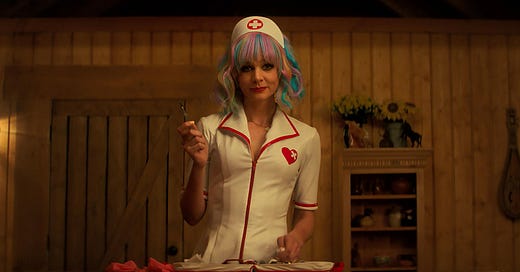


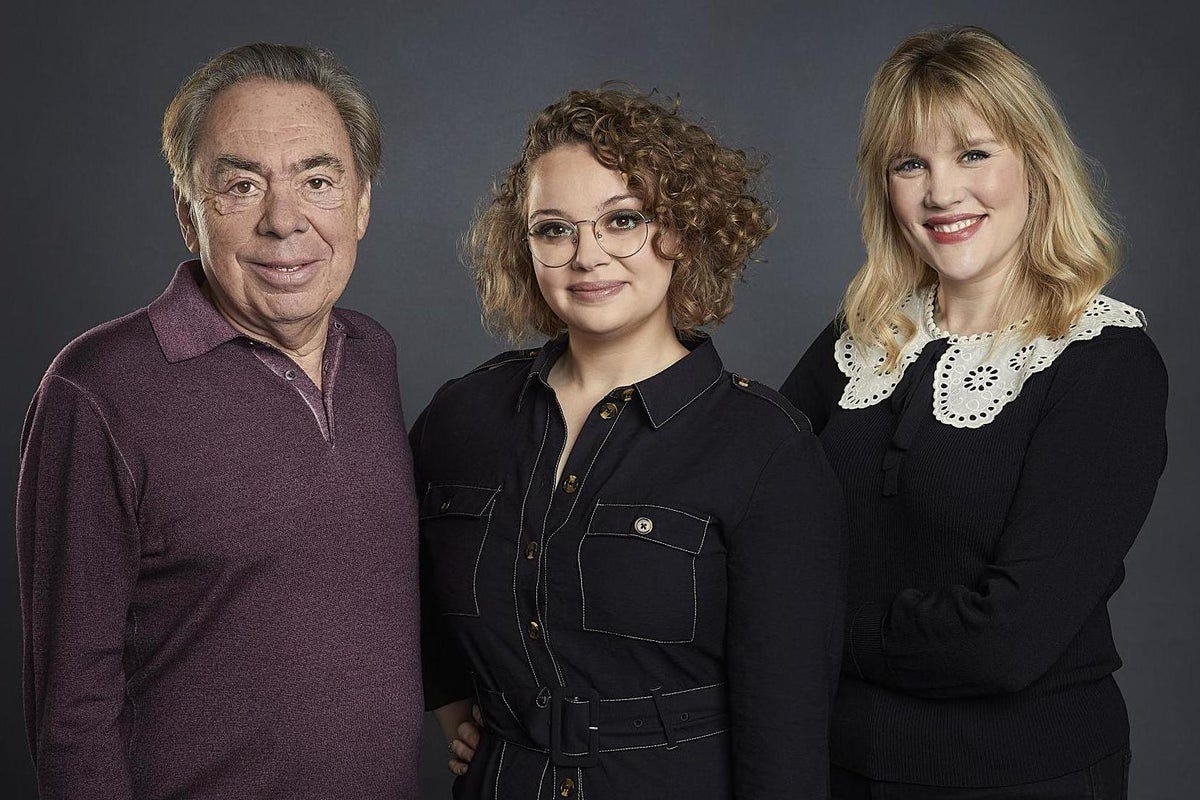
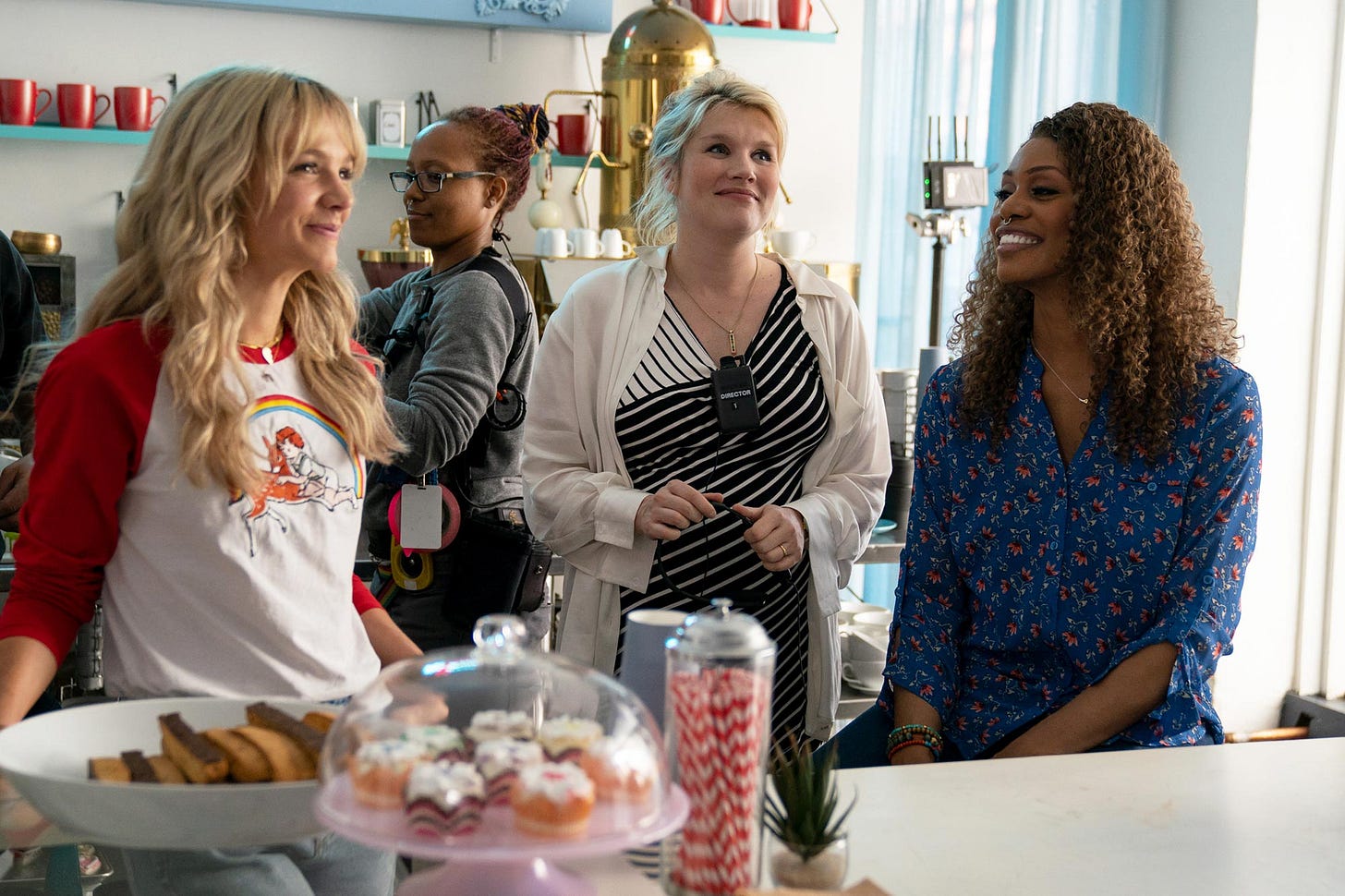
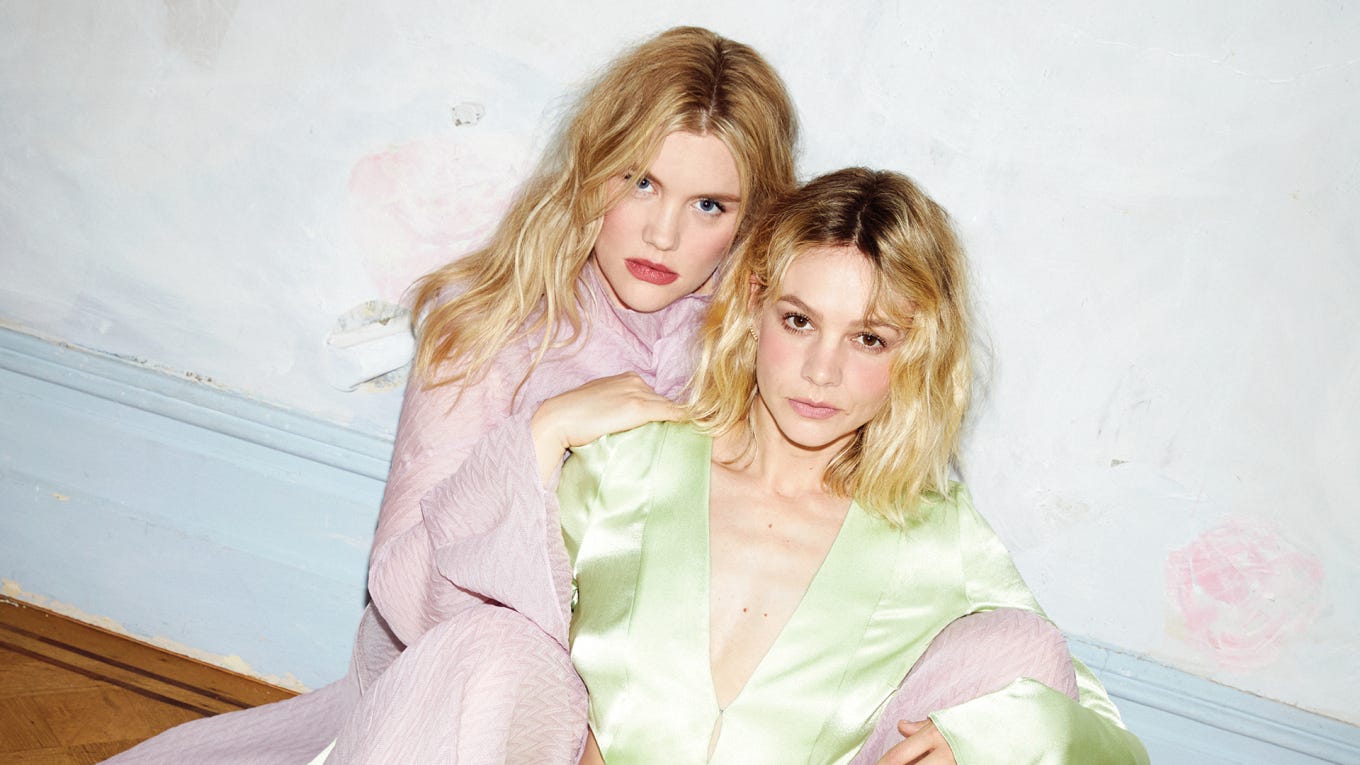
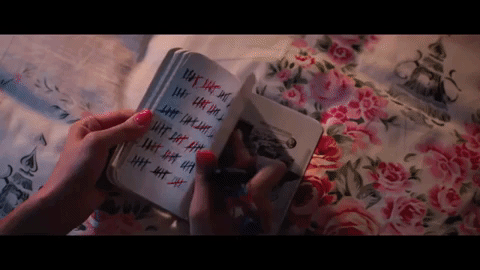
Fin , I totally agree with you and your comments . I too think the film was average and I didn’t feel it was ground breaking at all. But there was obviously a lot spent in promoting it and getting it in front of the people who vote.
It’s taken me years and years of chipping away to get where I am and to make a breakthrough in my field .
Remembering the first interview I had , where the head of HR said “ Mediterranean’s are well known for their hot tempers . How would you deal with a difficult artist in your chair? “ to which I answered “I come from a Mediterranean background , but was born here and I’m about as Mediterranean as you are. I have worked with people in my chair for the last six years and my cv got me this interview . “ With NO contacts and a very immigrant background it wasn’t an easy climb. I’ve always included as many artists from an “immigrant “ background as available in my teams because I want a mixed talent and they have a lot to offer. We just need to keep chipping away.
Not to mention her sister the fashion designer Coco Fennell. Just your 2 average gals making their way in the world…